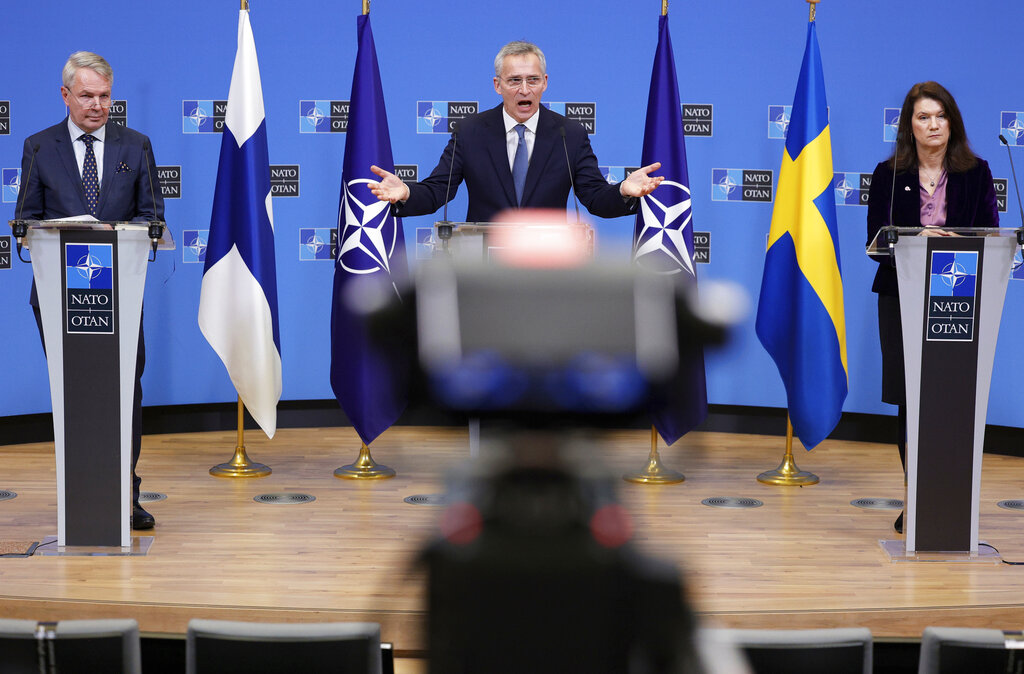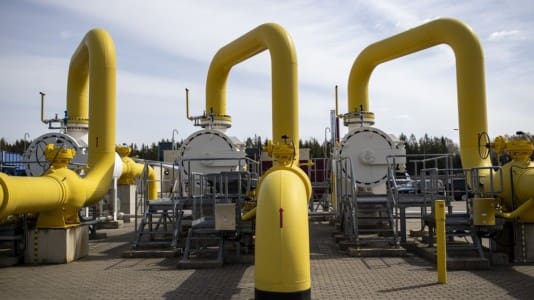“I’ve been waiting 30 years for this,” former Finnish Prime Minister Alexander Stubb responded with joy when the head of the current government in Helsinki, Sanna Marin together with Saulim Niinistö, officially opted for their country’s entry into NATO. Finland will submit a request for membership at any moment, with neighboring Sweden planning to do the same.
The process for the two nations to join the alliance is expected to be lightning-fast. Big institutions of the Western world have never done anything so fast before. Both Scandinavian countries are to be full-fledged members in NATO within months and not many years, which was the case with other candidates, especially in our tormented region. It may even happen by the end of summer.
Summer is going to be beautiful by the Baltic Sea. It will nearly become the exclusive sea for the important defensive alliance in history.
So why did Stubb have to wait 30 years?
[pp id=36647]
Most of his countrymen did not want Finland to abandon its neutrality status, a legacy from the times of the Cold War. Time was passing by, fewer and fewer people remembered the Soviet Union dissolved in 1991, and the stance on neutrality seemed like it would remain the status quo.
In the past, only a fifth or a fourth of the Finnish population said they would support NATO membership — now it is three out of four.
The change in the attitude of Finns, as well as the Swedes, and a change in attitude of the alliance towards the speed of accepting new members, is naturally a result of Russia’s invasion of Ukraine. This time Moscow’s brutal invasion against its neighbor affected Scandinavians who usually distance themselves from such conflicts. It also marked a move away from the attitude they shared during the Soviet era, as they have no w stopped associating security with neutrality. Now, they associate security with the guarantees that NATO countries give each other.
By sending armies that murder civilians, shift borders, and change the ethnic composition of vast territories, Vladimir Putin has made maintaining neutrality lose its entire point for the rich, small countries laying in the range of Russian rockets.
Finland and Sweden had felt endangered two months before the start of the Russian invasion of Ukraine. Last December, the Kremlin made demands towards the West, among them was a demand for a promise that NATO will forever stop expanding eastward. It was all over the news, although less was heard about an expansion northward. If Finland and Sweden joined NATO, they would meet serious consequences, including militarily, warned the spokesperson for the Russian Foreign Affairs Ministry Maria Zakharowa, who at that time was not yet appearing at press conferences in a condition that indicated she was partaking in significant alcohol consumption.
The threats did not work as Moscow intended.
In fact, less and less works out the way Moscow wants. It will most likely try to stop the Finns and Swedes’ rapid march into NATO, while working to find a weak link in the alliance that makes key decisions unanimously. This role could quite unexpectedly be taken by Croatiain President Zoran Milanović. “I would gladly veto expanding NATO by Finland and Sweden,” he recently suggested. However, he will most likely not get a chance to do so, as the majority in the Croatian parliament has a different opinion.
Ultimately, stopping Finland and Sweden’s push to end neutrality seems impossible. These are countries with powerful militaries, economically and politically, exemplary democracies. The addition of Finland and Sweden into NATO might be more important for Poland and the Baltic States than for themselves. We can start preparing for a great celebration.






